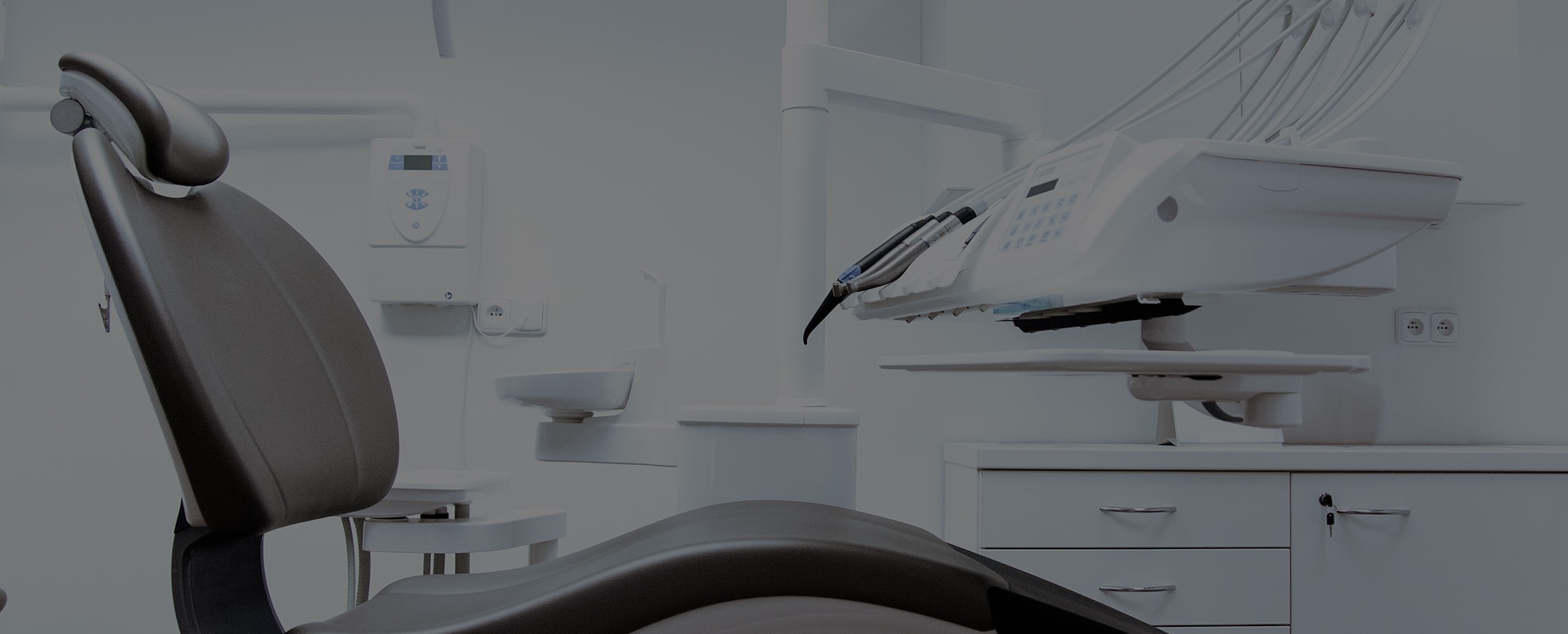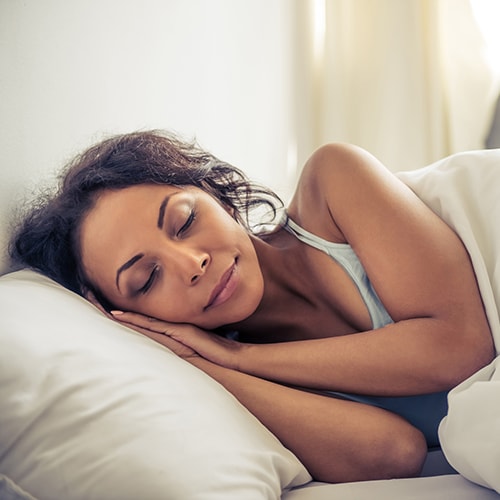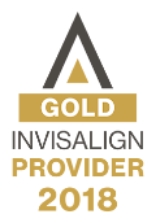
Sleep Apnea Treatment
Do you snore loudly or wake up breathless in the middle of the night? You may suffer from sleep apnea.
Click to Schedule an Appointment
What is Sleep Apnea?
Have you felt an unexplained drowsiness during your waking hours? Do you snore loudly, or have you been abruptly awakened in the middle of the night, feeling completely breathless? If you’ve experienced any of these symptoms, you could be among the 12 million Americans who have been diagnosed with a serious condition called sleep apnea.
It’s a sleeping disorder in which your breathing is halted intermittently from 20 to 30 times per hour during sleep. These interruptions in your breathing cycle result in a lack of oxygen, thus alerting your brain to arrest your sleep momentarily in an effort to restore breathing.
Because these spurts of wakefulness are so abrupt, a majority of people suffering from sleep apnea scarcely remember it, and are convinced they are getting a sufficient amount of sleep, although they are not. The continual disruptions in their normal sleep cycle throughout the night hinders the descent into deep sleep, resulting in a persistent sense of drowsiness during the day.
What Are Some Symptoms of Sleep Apnea?
If you or your loved ones have identified one or more of these warning signs, please contact us promptly.
- Intense nighttime snoring.
- Excessive daytime drowsiness.
- Asphyxiation or snoring sounds during nightly sleep (abruptly resumed breathing).
- Experiencing headaches upon waking in the morning.
- Irresistible urge to sleep at inappropriate times in the day.
- Insomnia or exceptional difficulty sleeping.
- Feelings of breathlessness upon waking at night.
I’ve enjoyed being a patient under the care of Dr. Vanama and her capable staff. Stacy always greets me with a smile, and Dr. Vanama has willingly met me on her day off to address my dental emergency. The office is clean and fresh, and every effort is made to make me feel less anxious and comfortable.
Kristen L., Actual Patient
Commonly Asked Questions About Sleep Apnea
Get the answers below.
Are there different cases of sleep apnea?
Sleep apnea is divided into three main categories. Obstructive sleep apnea (OSA) is by far most common, and is caused by an obstruction in the airway, specifically the soft tissues in the back of the throat collapsing, thus blocking airflow. Central sleep apnea (CSA) is a condition in which the muscles involved in breathing are unable to receive appropriate commands from the brain, resulting in breathing interruptions. Lastly “mixed” or “complex” sleep apnea is a combination of both obstructive and central, but this condition is observed less frequently.
What are the risk factors for sleep apnea?
Men are at higher risk than women for both obstructive sleep apnea and central sleep apnea, and it occurs more frequently in adults over the age of 40 than in younger adults and children. Nonetheless, sleep apnea can affect anyone—regardless of gender or age. Additional risk factors include, but are not limited to: obesity, hereditary markers, alcohol consumption, smoking, and use of tranquilizers and/or sedatives. Those who are most often affected with central sleep apnea are those with a history of strokes, heart disorders, brain tumors, and neuromuscular disorders.
Is sleep apnea life-threatening?
In many cases, it is; sleep apnea, if left untreated, may result in dangerously elevated blood pressure, dramatically increasing the risk of stroke or heart failure. Sleep apnea can also lead to serious complications with surgeries and medication; lying flat on one’s back post-operation can be a risky proposition, as is sedation via anesthesia. The persistent fatigue resulting from sleep apnea can lead to severe difficulties at work or school, and have potentially fatal consequences while operating heavy machinery or vehicles. If you suspect that you might be suffering from sleep apnea, let your family physician know prior to taking prescriptions or undergoing surgery.
Are treatments available for sleep apnea?
Treatments for sleep apnea will vary according to individual by type, as well as severity. Behavioral treatments are often the simplest—for instance, patients may be advised to sleep on their sides, quit smoking, or lose weight. Additionally, patients may be given oral devices which support the mouth during sleep, thereby preventing blockage of the throat. The most extreme cases may necessitate surgical operations in order to correct the problem.
What should I do if I suspect that a loved one suffers from Sleep Apnea?
Please contact our staff, and we will refer you to a specialist certified in treating sleep apnea. The specialist may conduct a sleep study in order to accurately diagnose the extent of the problem, and recommend the necessary treatment. Depending on your specific circumstances, this treatment may consist of an oral device which we can custom-fabricate for you.
Can I prevent snoring?
Although the characteristic sound of snoring may elicit a few chuckles, it’s no laughing matter. Snoring affects many, and is a potential indicator of serious health concerns. Health officials estimate that over 80 million people in North America snore during regular sleep, negatively impacting their quality of sleep, as well as that of their family members. Thankfully, there are numerous treatments available to correct chronic snoring.
If your nights are punctuated by snoring, then a mandibular advancement device (MAD) may the solution that fits the bill! What is a MAD, you may ask? It is a dental device specially designed to gently support your lower jaw, or mandible, into a forward position, thereby increasing the space in the airway passage. You will be able to breathe better so you and your loved ones can finally get a restful night’s sleep. Other dental appliances also prevent the tongue from rolling onto the back of the mouth, obstructing your windpipe. Your dentist will individually assess whether these special appliances are the most suitable for your particular situation.
Is MAD comfortable?
The answer is quite simple—YES! A mandibular advancement device is intended to be comfortable for the user, so much so that you’ll hardly notice you’re wearing it when you’re asleep. It does not restrict open-mouth breathing, and will be of even greater benefit for those whose snoring is a result of allergies and sinus congestion. During the first few mornings after installing the device, a slight degree of stiffness in your jaw may be experienced, but this feeling quickly fades once you awaken and remove the device.
Ready to Catch Some Zzzzzzs?
Contact our friendly staff at Discovery Dental and learn more about sleep apnea and snoring prevention.




